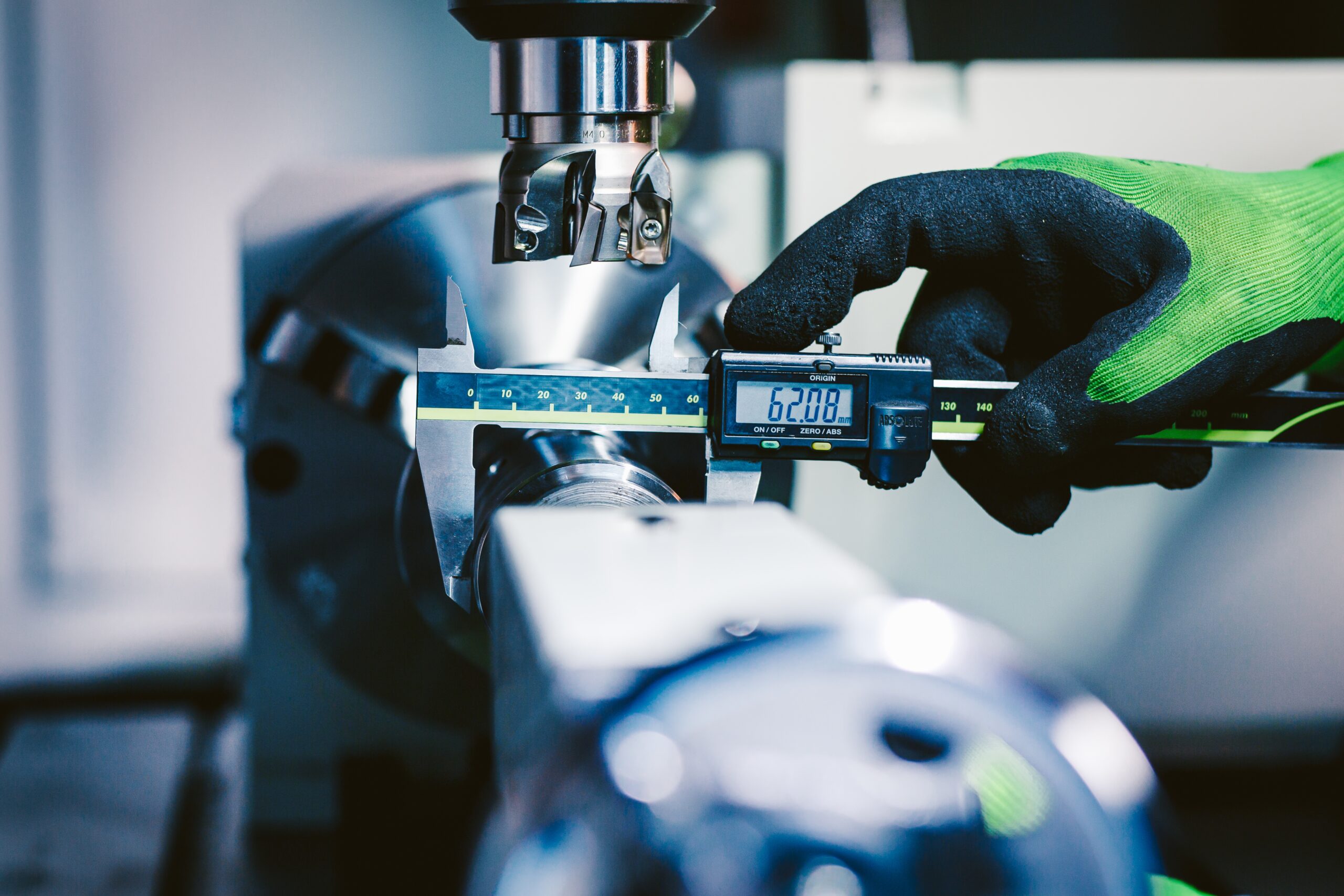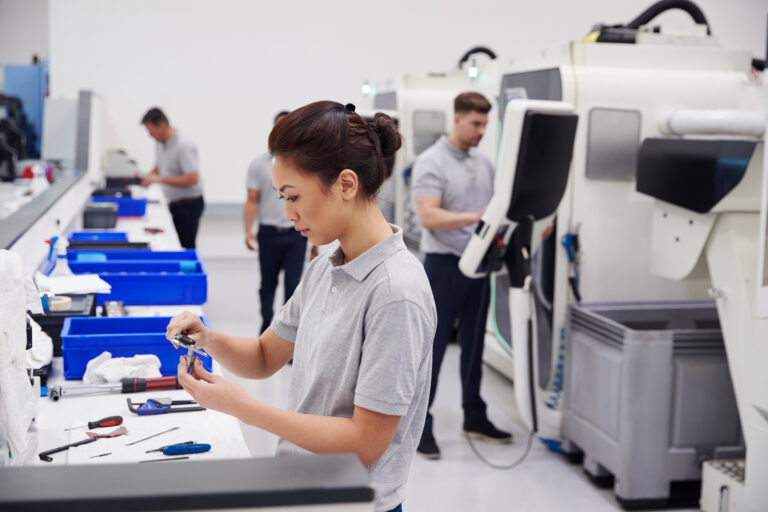Course Description
This two-day activity-based workshop will teach how to determine and reduce overall measurement uncertainty. Participants can expect to be fully engaged while learning a process approach to identify the amount of variation associated with a measurement system, and discover the sources of variation so improvements can be made to improve the overall integrity of the data. Simulations, case studies and a series of activities will be used to learn and apply tools and techniques associated with MSA.
Every measurement is subject to some uncertainty. A measurement result is only complete if it is accompanied by a statement of the uncertainty in the measurement. Measurement uncertainties can come from the measuring instrument, from the item being measured, from the environment, from the operator, and from other sources. Such uncertainties can be estimated using statistical analysis of a set of measurements, and using other kinds of information about the measurement process.
Course Objectives
As a result of this workshop participants should be able to:
– Define terms associated with measurement uncertainty
– Apply a process approach to determine measurement uncertainty
– Describe attribute and variable data and explain how MSA is applied to both
– Describe and apply techniques used to reduce measurement system variation (gage R&R, attribute agreement analysis)
– Plan, conduct, and report on a gage R&R
– Plan, conduct and report on an attribute agreement analysis
Training Length
2 Days



